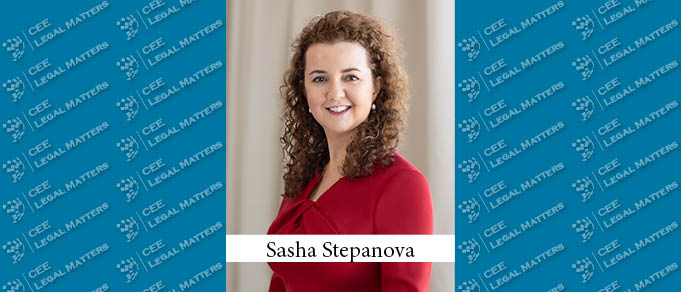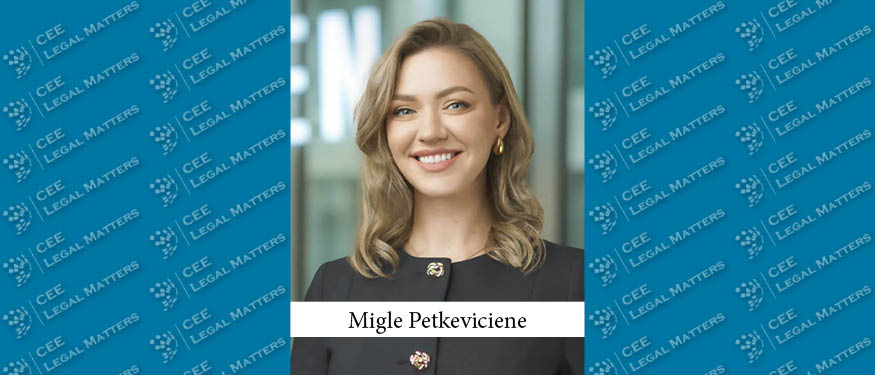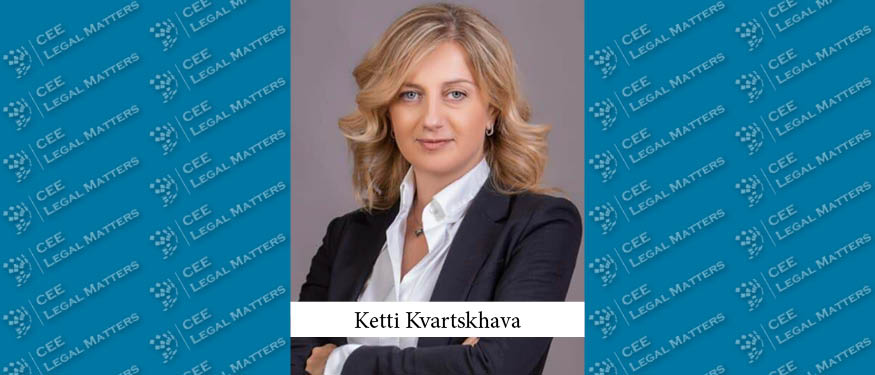Thinking about my journey and experiences as an expat lawyer in the Czech Republic, I vividly recall one of the early client meetings I had fresh off the boat in the mid-1990s. A CEE client came to the office with a “suitcase” telephone … an old school plastic telephone with a rotary dial and a long antenna, encased in an MDF “custom telecommunications suitcase” which he proudly lugged onto the desk … (He was also wearing one of those plum-colored shiny polyester suits so beloved by New Europe Entrepreneurs in the 90s). Note to incredulous young lawyers reading this: in those days there were no mobile phones (The horror!).
Those were truly “emerging economy” days but when I look around now, the pace of modernization in the legal and business environment has been remarkable. Virtual data rooms have long since replaced rooms in a company HQ filled with folders of yellowing documents. We now use sophisticated legal AI tools for high-speed due diligence review, a real game-changer. The potential for AI applications in legal practice is very exciting, not just for due diligence, but for contractual drafting, case management, and contract lifecycle management for clients. Legal practice is and will be revolutionized, whether you are in CEE or anywhere in the globalized world. Harnessing the soft skills and emotional intelligence of a seasoned lawyer to interpret the high-level application of legal tech will bring great benefits and value to clients. Is legal tech too alienating or removed from the traditions of the profession? I think people tend to resist change rather than tech itself. I do not fear lawyers being replaced by tech, but I do think that lawyers who are fluent in tech will replace those lawyers who are not.
As an English common law trained lawyer, I have often acted as a bridge for foreign investors making their first forays into CEE, and for some investors from far away, even their first investment foray into Europe. Seeing both sides has often made me feel like a cross business cultural consigliere. One of the fascinating results of the major Czech private law recodification in 2014 for me was the introduction of a parallel concept of the common law trust mechanism into the Czech legal system. The full application of the multifaceted trusts tool is still evolving, but I’m proud to see how my colleagues have been at the forefront in establishing some of the Czech Republic’s leading private philanthropy foundations and trusts, as generational change after three decades of capitalism creates new opportunities for private wealth legacy.
The evolution of legal practice in the Czech Republic and CEE is not only influenced by legislative updates or technology waves. I sense the drivers for certain conceptual changes in Czech and CEE law may come not just from domestic reboots but in response to global trends already affecting business and law firms worldwide, such as the ESG phenomenon. Law firms in CEE will need to find their bearings and evaluate how to meet and respond to clients’ needs and goals in an area that some lawyers may initially dismiss as faddish or not substantive law. Yet already some global clients are raising these matters and requesting a tangible response from their local lawyers.
ESG has the potential to be a major business opportunity for law firms in advising clients on their policies, implementation, and compliance. Yet in this new landscape, clients, business partners, and future law trainees will also expect law firms to be demonstrating their own ESG compliance and will easily see through limpid attempts at greenwashing. I’d wager that few law firms are ready to immediately wave goodbye to our carbon-emitting energy clients on moral grounds. Yet the Law Gazette in the UK recently reports that law students at Yale have ranked 100 law firms from A to F according to their climate performance and invited firms to take a “climate pledge” under which they will “not take on work to support the fossil fuel industry, now and into the future.” How will this play out in our small CEE jurisdictions? ESG issues are complex, however, I feel law firms, even in CEE, will underestimate these at their own peril if they wish to stay relevant to the concerns of more woke clients and the upcoming generation of law graduates. A considered and authentic response, taking into account regional and cultural differences, is required.
By Sasha Stepanova, Lawyer, Kocian Solc Balastik
This Article was originally published in Issue 8.8 of the CEE Legal Matters Magazine. If you would like to receive a hard copy of the magazine, you can subscribe here.













